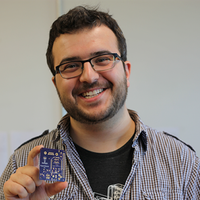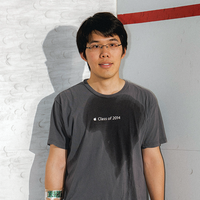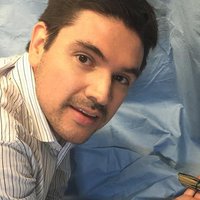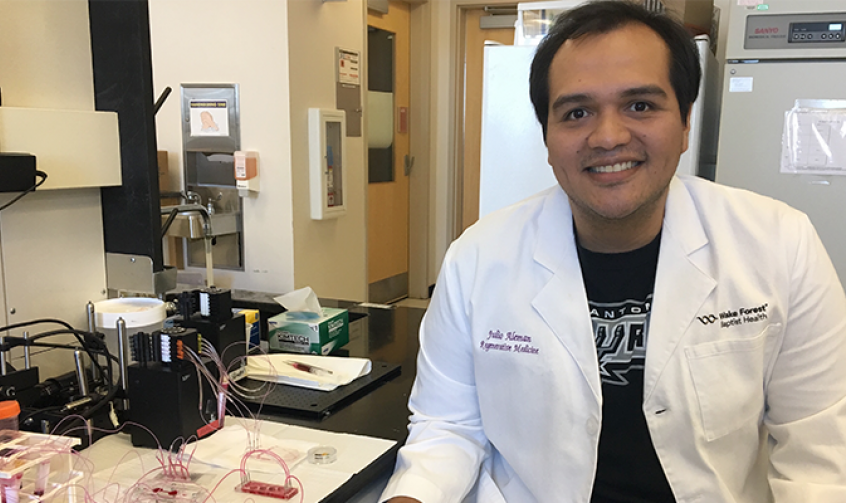"When Julio Alemán talks about ""humanizing pharmaceutical trials"", he is referring to creating platforms (or chips) which accurately reflect the function of human organs. Thanks to small tissues cultivated from human cells within these platforms, in vitro tests could be almost identical to in vivo tests. With this type of advance, the young Guatemalan states: ""We would stop shooting with a shotgun, and start shooting with a rifle,"" in reference to the effectiveness of the trials. His efforts towards this goal at the Wake Forest Institute for Regenerative Medicine (USA) have earned him a spot amongst MIT Technology Review, Spanish Edition´s Innovators Under 35 Central America 2016.
Creating chips which replicate the inner workings of human organs is an emerging trend in which microfluidics, a technique which analyzes the behavior of fluids at a microscopic scale, plays a key role. When the microfluidic study is combined with these chips, it is possible to see how a drug diluted within the blood stream interacts with each organ, for example. Alemán´s team has focused on the treatment of metastases of colon cancer and its effect on different organs, like the heart and the kidneys.
In order to perfect the simulation that the chip generates of the organs´ function, the research performed by his team has successfully simulated the extracellular matrix of each organ through hydrogels. They have also combined several chips and sensors within a larger platform. This, according to this young innovator, who has worked for the Institute since 2015 after completing the Harvard-MIT Health Sciences Program in the U.S., allows them to confirm whether a drug which targets the kidneys will affect the heart, for example.
Improving the precision of pharmaceutical trials could reduce the duration of existing treatments and drive the development of new drugs which currently often get stuck in animal trials, Alemán explains. As he points out, the physiology of animals and humans, despite the potential similarities, will never be the identical. The availability of human models would resolve this problem, as well as reduce the number of animal trials performed.
The organ-on-a-chip technology has already attracted the attention of the U.S. Defense Department, which is financing Alemán´s project, which is currently still in the initial stages of development. ""The greatest challenge now is to keep the organs alive,"" says Alemán, but he does not hesitate to label the advance as ""revolutionary"", especially for diseases like cancer and diabetes. ""The gel and the chips are ready, the limiting factor is the cells,"" he says, referring to the difficulty of obtaining the human cells needed to develop the simulated organs.
In the opinion of the director of innovation and research and development at Laboratorios Biolinks and jury member for the Innovators Under 35 Central America 2016 awards, Ysabel Montoya, this project, ""could represent an alternative for testing anti-cancer drugs and understanding metastases"" as opposed to the current process of simply injecting patients and ""waiting to see what happens""."




